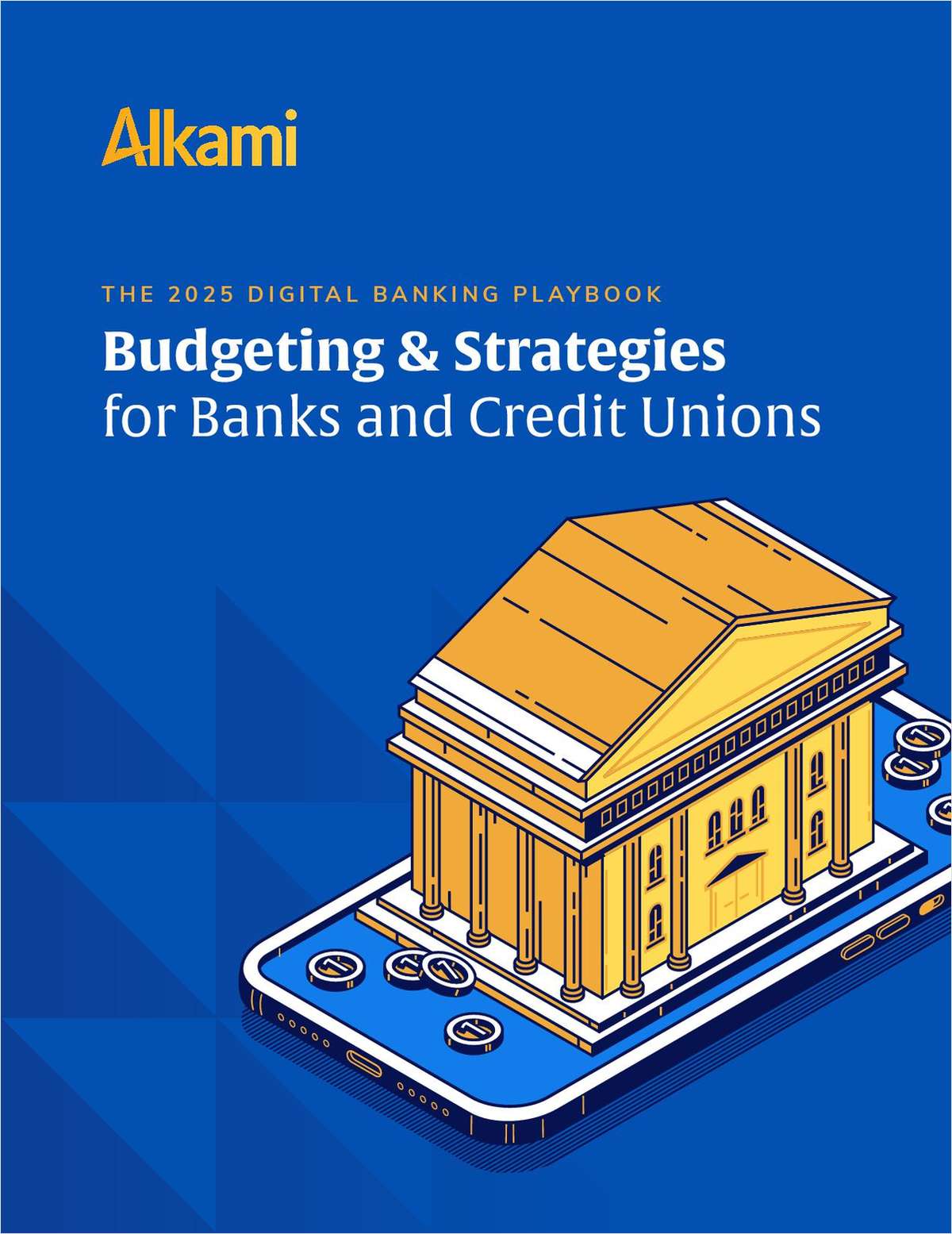The NCUA will extend the due date for second quarter call reports and expects to establish an end-of-month deadline by the end of the year, NCUA Chairman Rick Metsger said Thursday.
Speaking at the NCUA's May board meeting, Metsger and agency staff did not specify the due date for the second quarter reports, but said some flexibility would be established since the Fourth of July holiday will tighten the report's deadline even more.
The meeting was Metsger's first as chairman and the first to incorporate a new system of staff briefings that the board hopes to conduct during each monthly meeting.
Credit union CEOs have said the NCUA should make the last business day of the month the deadline for call reports – similar to how other financial institution regulators have established the deadline. Currently, the call report deadline shifts from quarter to quarter, since the deadline is the fourth Friday after the quarter's end.
This year, July 1 falls on a Friday, and the following Monday is the Fourth of July holiday, meaning credit unions will have just 15 days to complete their report that month.
Metsger and NCUA staff indicated the July deadline will be extended, and the permanent change is likely to be made by the end of the year.
This call report deadline change will be an interim change, but Larry Fazio, NCUA's Director of the Office of Examination and Insurance, said the agency is beginning a more extensive examination of its reporting and examination process to make better use of computer technology.
In part, that examination will entail determining how the NCUA can use information obtained offsite to decide whether onsite examinations can be conducted less frequently for credit unions, Fazio said. The aim would be to access more information online, he said, adding that the 12 to 18 month exam cycle may become a thing of the past.
"We need to think about a wholly different approach," he said, adding that the examination process could be ongoing and meetings could be held via video conference.
Metsger said the federal law that established the exam requirement does not specify how the NCUA should conduct them. That is not the case for other financial institution regulators, he said.
Metsger said he has established a group of stakeholders to help advise the agency on the issues surrounding exams, adding that comments will also be solicited through the Federal Register.
However, NCUA Board Member J. Mark McWatters said that too often, the work of such groups is ultimately ignored by the agency.
"I think we have a credibility problem, or at least had a credibility problem," he said.
Fazio said he disagreed with that characterization.
"We always listen," he said. "We don't always agree."
Metsger said he wants that group to issue its recommendations in no later than 120 days.
McWatters said he also wants to ensure the agency does not have a "big brother" issue and begins monitoring specific credit union decisions.
"We are not looking at tapping into transaction-level data," Fazio said.
The NCUA board also heard a quarterly report on the Temporary Corporate Credit Union Stabilization Fund. The report revealed a planned $700 million payment to the U.S. Treasury on May 27 that will reduce the fund's outstanding balance to $1 billion.
"(The) NCUA's corporate resolution plan remains on the right track, thanks to an improving economy, strong legacy asset performance and the continued hard work of the NCUA staff in successfully pursuing legal recoveries and ably managing the Stabilization Fund," Metsger said. "(The) NCUA is committed to staying on this prudent course to achieve the Stabilization Fund's ultimate lowest-cost resolution."
© 2025 ALM Global, LLC, All Rights Reserved. Request academic re-use from www.copyright.com. All other uses, submit a request to [email protected]. For more information visit Asset & Logo Licensing.







